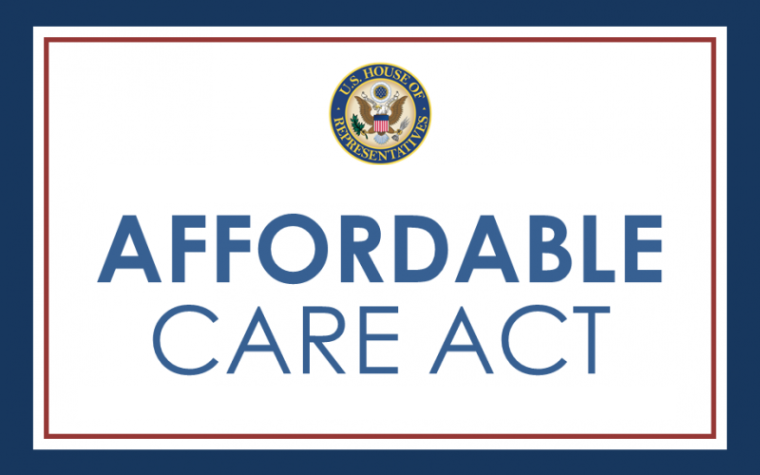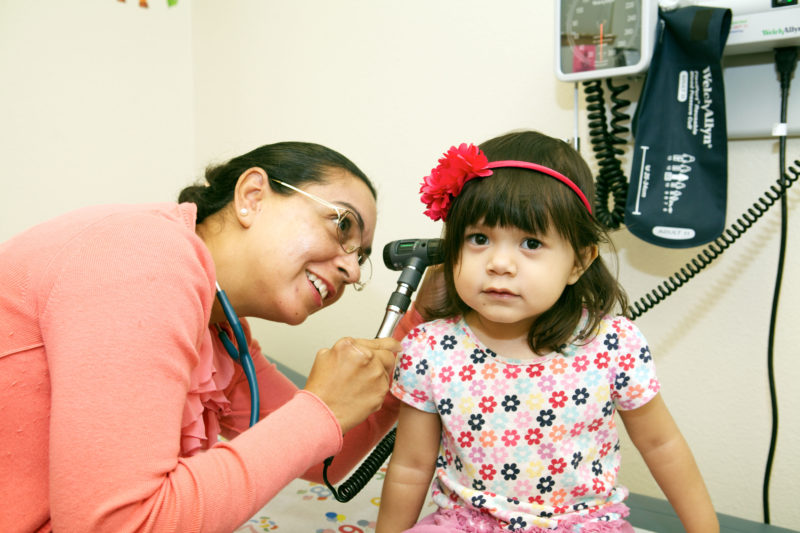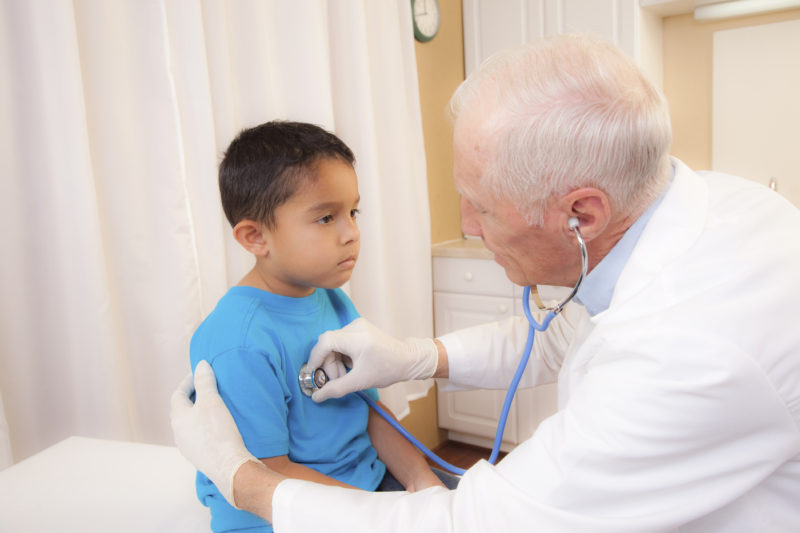Latinos from New Jersey Sign Up for ACA through Bilingual Fairs

Save Latin America is an advocacy group for the Hispanic community of New Jersey and New York City. The group was established with the goal of providing educational counseling, health, and social services. One of their main projects is hosting bilingual health fairs, particularly in an effort to increase Latinos to sign up for health coverage as part of the Affordable Care Act (ACA). The area their recent health fairs have targeted has 78% Latino population. Save Latin America has noted that Latinos are less insured in the U.S. compared to other races and ethnicities. While the uninsured rate has declined by 11.5%, according to the U.S. Department of Health and Human Services (HHS), nearly 30% of Latinos in the country are still uninsured. “The hospital sometimes intimidates ...
Read More







